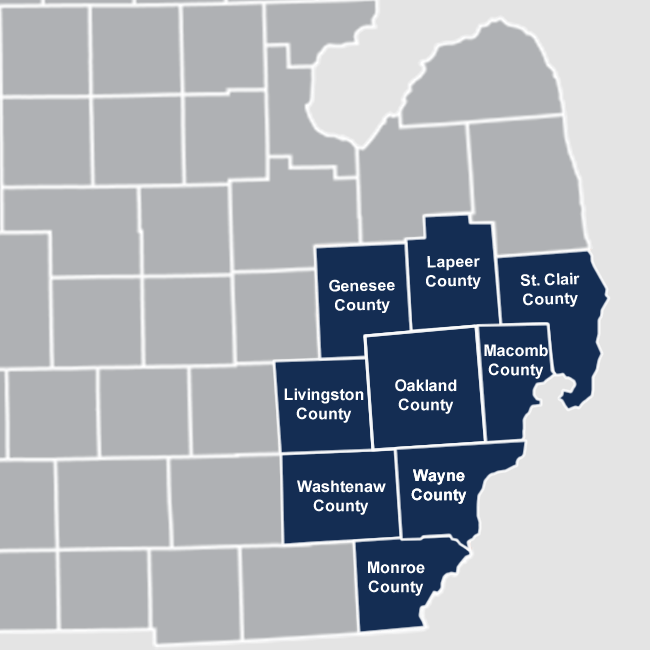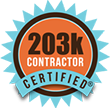Type of Mold You Could Find in Your Macomb County Home
Mold health information

Mold is a dangerous by-product that could infest your home or building after you encounter water or storm damage. But not all molds are created equal. It’s important to learn more about the type of mold you have. If you’re asking yourself, “What kind of mold is growing in my space?” or more importantly, “How does this type of mold affect my health?” then continue reading.
If you need assistance with the mold growing in your home, give the remediation pros at Advance Restoration a call at 877-363-7462 or contact us online!
Common Mold Types
For your convenience, we’ve provided a list of common indoor mold types and the varying levels of threat they can pose to your health. Advance Restoration offers mold remediation services for a variety of mold types, including:
Stachybotrys: More commonly known as black mold, this fungus is naturally found on decaying plant and tree material. In the indoor environment, it grows on building material with high cellulose and water content and low nitrogen content (e.g. wet drywall). There are over 20 documented species of Stachybotrys, and at least two are reported to be toxigenic; if not speciated, the genus Stachybotrys should be assumed to be toxigenic. Specifically, it can produce the mycotoxin trichothecene (Satratoxin H), which is poisonous upon inhalation.
If you suspect you have black mold growing in your home, call a restoration expert immediately! Advance Restoration can be contacted online or by dialing 877-363-7462.
Mitospores: A large group of morphologically-similar fungi, which includes Alternaria, Stemphylium, Pithomyces, and Ulocladium. Because mitospores are large spores, they are more easily deposited in the nose, mouth, and upper respiratory tract, allowing them to be potentially allergenic.
Pollen: Pollen is coarse to fine particles/grains produced by various trees, weeds, and grasses. For individuals with seasonal allergies, pollen is often the causative agent.
Rust: A plant pathogen that is commonly found on leaves, stems, fruits, and seeds of various plants.
Smuts/Periconia/Myxomycetes: A group of plant pathogens with similar morphology. They are commonly found in the outdoor environment in soil and on wood, grasses, cereal crops, and flowering plants. Myxomycete spores are considered to cause Type 1 allergies (hay fever and asthma).
Don’t let mold affect your family’s health! Contact Advance Restoration if you fear mold is growing in your Macomb County home by calling 877-363-7462 today!
Zygomycete spore: Includes spores from the following genera: Mucor, Rhizomucor, Rhizopus, Syncephalastrum, and Absidia. These fungi are mainly found outside in soil and on decaying organic matter.
Erysiphe/Oidium: A group of two closely-related species of plant pathogens commonly found on leaves, stems, flowers, and fruits. They are sometimes referred to as “powdery mildew”.
Helicomyces group: This group includes genera Helicoma, Helicomyces, and Helicosporium, all of which are closely related helical-spored fungi. They are common on dead and decaying wood and bark lying on the ground. Fungi in the helicomyces group are not known human pathogens.
Choose Advance Restoration for Type of Mold Remediation Services in St. Clair, Oakland & Macomb County, MI
For over 10 years, Advance Restoration has been providing disaster recovery services to Chesterfield Township, Clinton Township, Macomb, Roseville, St. Clair Shores, Sterling Heights, Warren, Washington Township, Birmingham, Commerce Township, Farmington Hills, Independence Township, Novi, Orion Township, Oxford Charter Township, Rochester Hills, Royal Oak, Southfield, Troy, West Bloomfield Township, and the surrounding areas.
Don’t wait until your mold issue becomes a mold emergency! Contact Advance Restoration today! 877-363-7462















